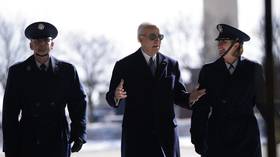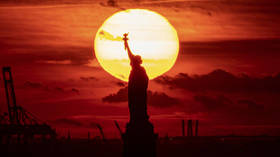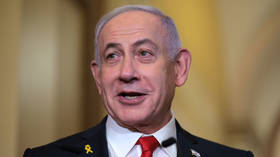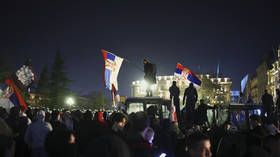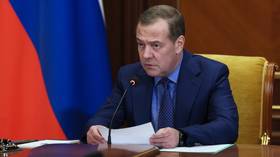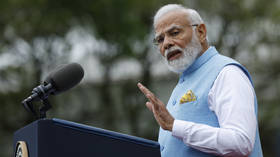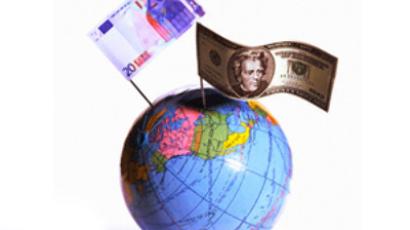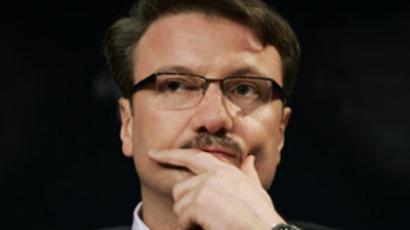Davos energy session looks beyond economic crisis to changing energy mix
Prime Minister Putin, in his Davos opening speech, called for the establishment of a body uniting oil suppliers and consumers. That won support from OPEC's General Secretary in Thursday's 2009 Energy Outlook session.
Energy – the essence of modern life – is likely to be in short supply even before the crisis is past. The Russian Prime Minister speaking at the Davos Forum suggested a new international energy agreement that will link producers and consumers, on a legal basis.
Vladimir Putin stressed the need to organise the rational use of energy resources even with current low prices.
“Investments in energy efficiency, and alternative sources of energy, is likely to fall. At the same time investments in oil extraction will fall as well. That will lead to an uncontrolled rise of prices when the economy recovers. Therefore it will threaten the economic recovery and may lead to a new crisis.”
The Secretary General of OPEC supported Putin's call for unity between producers and suppliers, saying reasonable prices would motivate producer countries to invest. Industry leaders say that's between $60 and $80 a barrel. BP CEO, Tony Hayward, says the investment needs of the energy sector are massive.
“Over the next 20 years the energy industry needs to invest over 25 trillion dollars – that's over one trillion a year to provide the energy that the world will need when it will start to grow again.”
Hayward called for more transparency on the cost of carbon emissions as well as alternative energy sources. Ernest Moniz, Professor at MIT, says that climate change, and the changing focus on the role of energy in addressing the issue, needs to be balanced with the investment dilemma.
“We will face two problems that must be addressed simultaneously – energy security and climate change. These will come together in terms of putting pressure on the alternative sources. In the meantime, we will continue to have strong oil demand for transportation, and natural gas is likely to play increasing role in managing this transition in the future where we manage climate change.”
Diversifying energy sources is a familiar call, but it gains a new meaning in the current crisis, that may move the argument away from environmental lobbyists and into the broader debate between producers and consumers.



